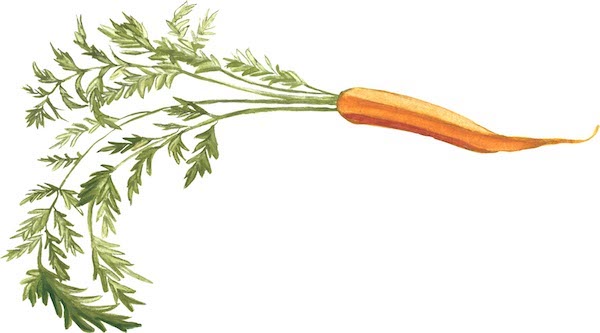
RESET
Verifying Account...
Lost your password? Please enter your username (which could be your email address). An email will be sent to the account on file with instructions for resetting your password.
An email was sent to the account on file with instructions for resetting your password.
Back to log-in

